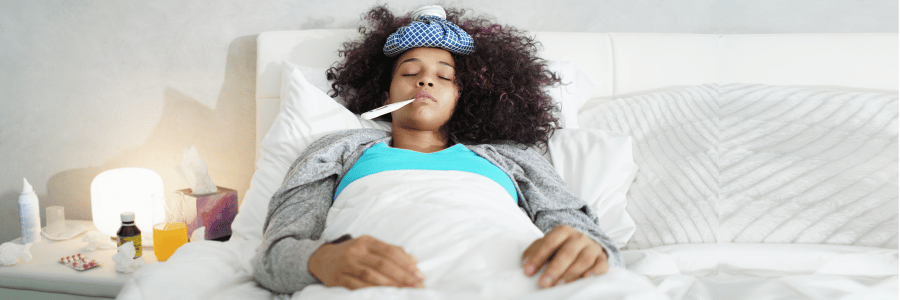14 Tips for Better Sleep
March 14, 2022
Do you toss and turn all night? Many people with anxiety disorders and those of us under stress often struggle to get to sleep, which creates serious problems. Too little sleep can affect your mood, make you more irritable and contribute to depression.
Getting a good night’s sleep is absolutely critical for good health. Sleep helps our bodies recharge, improves our concentration, and reduces the risks of many diseases – including heart disease and stroke. A good night’s sleep is essential for us to be refreshed and alert when we awaken.
Everyone can benefit from simple sleep hygiene. Here are a few steps to try:
- Set a bedtime that is early enough for you to get seven or eight hours of sleep.
- Go to bed and wake up at the same time every day, even on weekends. Consistency builds a pattern that sets your body clock.
- Daylight helps set sleep patterns, so try to be outdoors while it’s light out. Spend at least 30 minutes a day outdoors.
- Exercise regularly, but not too close to bedtime. An afternoon workout can help to alleviate stress or tension.
- If you nap, keep those naps to an hour or less. And don’t nap after 3 p.m.
- Avoid caffeine found in coffee, many teas, chocolate, and many soft drinks. Since caffeine can take up to eight hours to wear off, you may want to avoid drinking caffeinated beverages after mid-afternoon. And you may want to avoid caffeine entirely if you suffer from panic attacks. People prone to panic attacks tend to be especially sensitive to caffeine.
- Review your medications with your doctor to ensure you aren’t taking stimulants that can keep you up at night. Your doctor may be able to switch you to another medication.
- Don’t drink alcohol or eat large meals for several hours before bedtime. Also, avoid foods that cause heartburn, and don’t drink too much fluid of any kind before bedtime.
- If you smoke, quit. Smoking causes health problems and can compromise your sleep in several ways.
- Keep your bedroom cool, dark, and quiet.
- If your mattress is uncomfortable, replace it. Mattresses should be replaced every six to eight years.
- Avoid distractions like the TV or computers. Also, avoid using electronic devices to read in bed. The light from screens can trick your brain into thinking it’s daytime.
- Try doing little things to unwind before going to bed: Reading, listening to music, relaxing in a hot bath, or doing deep breathing exercises can help you get to sleep.
- If you don’t fall asleep within 20 minutes of turning in – or if you wake up and can’t fall back to sleep in 20 minutes – get out of bed and do something relaxing until you feel sleepy again.
Don’t underestimate the importance of good sleep. It affects every aspect of life – from mood to health. If you’re not sleeping well, see a doctor for help. If you don’t have a doctor, Grady can help. Give us a call at (404) 616-1000. We’ll arrange an appointment at a Primary Care Center near you. Doctors can treat most conditions and provide access to Grady’s unparalleled medical specialty expertise.

Advertisement



